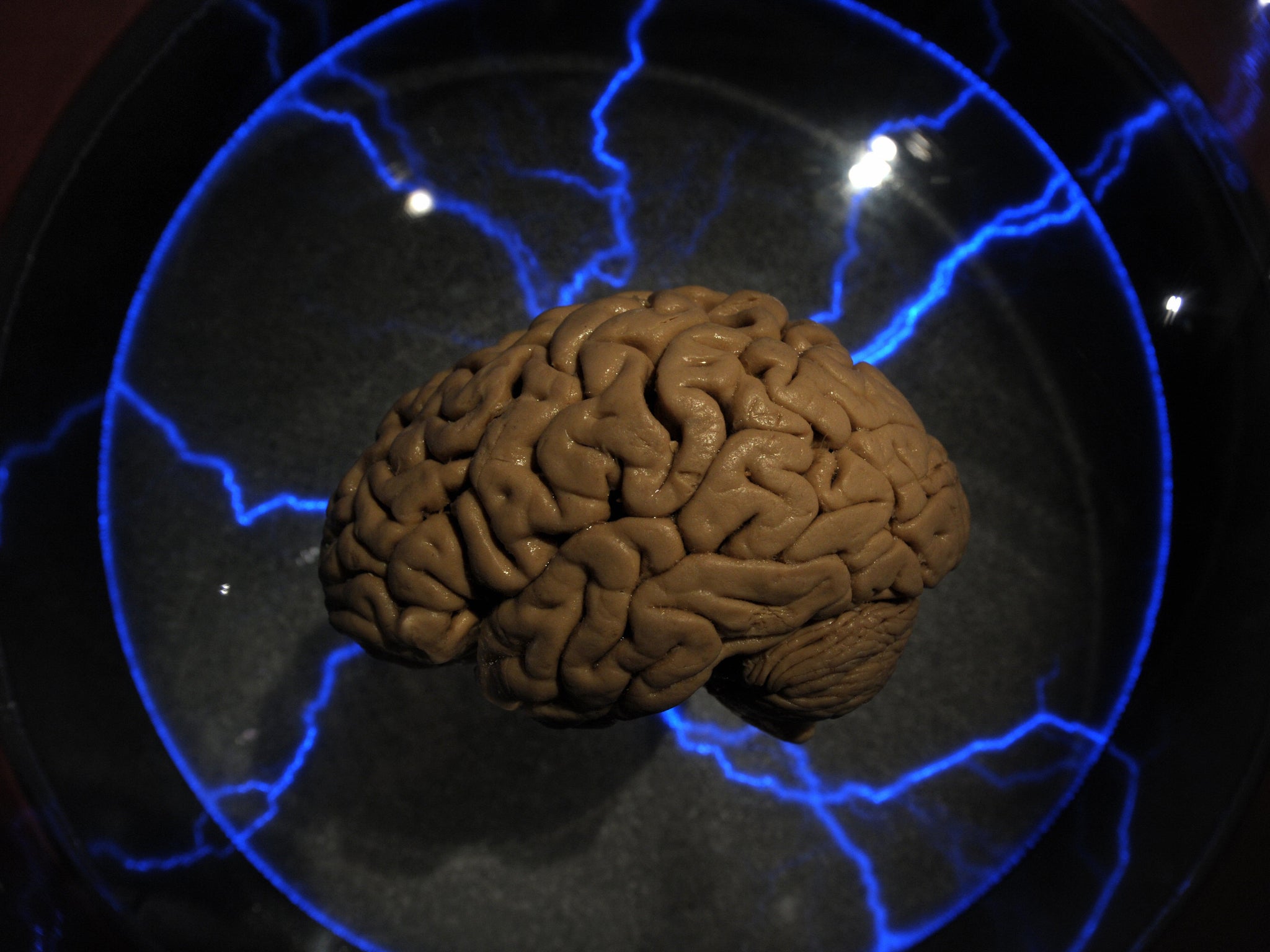Scientists grow almost fully formed human brain in a lab for the first time
Hopes raised of breakthrough in Alzheimer's, Parksinson's and autism treatment

Scientists have succeeded in growing an almost fully formed human brain in a lab for the first time ever.
The miniature brain is about the size of a pencil eraser and resembles that of a five-week old foetus.
It contains 99 per cent of the genes present in the human foetal brain and has an identifiable structure.
It is hoped the feat could prove crucial in the study of developmental diseases and in aiding understanding of conditions such as Alzheimer’s, Parkinson’s and autism.
The brain has been created by scientists at Ohio State University. Professor Rene Anand from the department explains: “It not only looks like the developing brain, its diverse cell types express nearly all genes like a brain.
“We’ve struggled for a long time trying to solve complex brain disease problems that cause tremendous pain and suffering. The power of their brain model bodes very well for human health because it gives us better and more relevant options to test and develop therapeutics other than rodents.”
Previously, mouse brains have been a primary source of research for scientists exploring human brain development. However, whilst rodents share many similarities, the fundamental differences have been limiting scientific research in the field.
Subscribe to Independent Premium to bookmark this article
Want to bookmark your favourite articles and stories to read or reference later? Start your Independent Premium subscription today.

Join our commenting forum
Join thought-provoking conversations, follow other Independent readers and see their replies